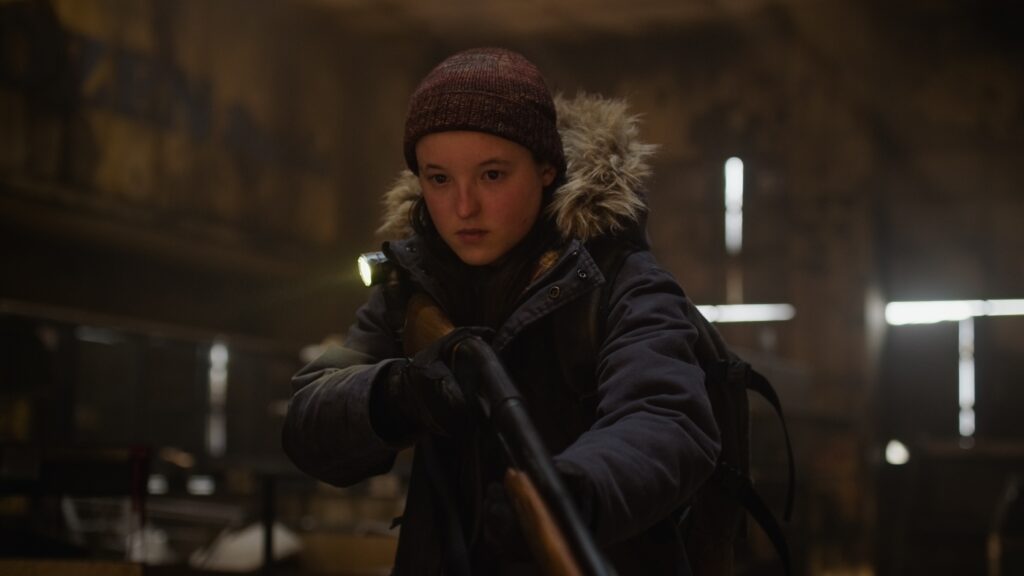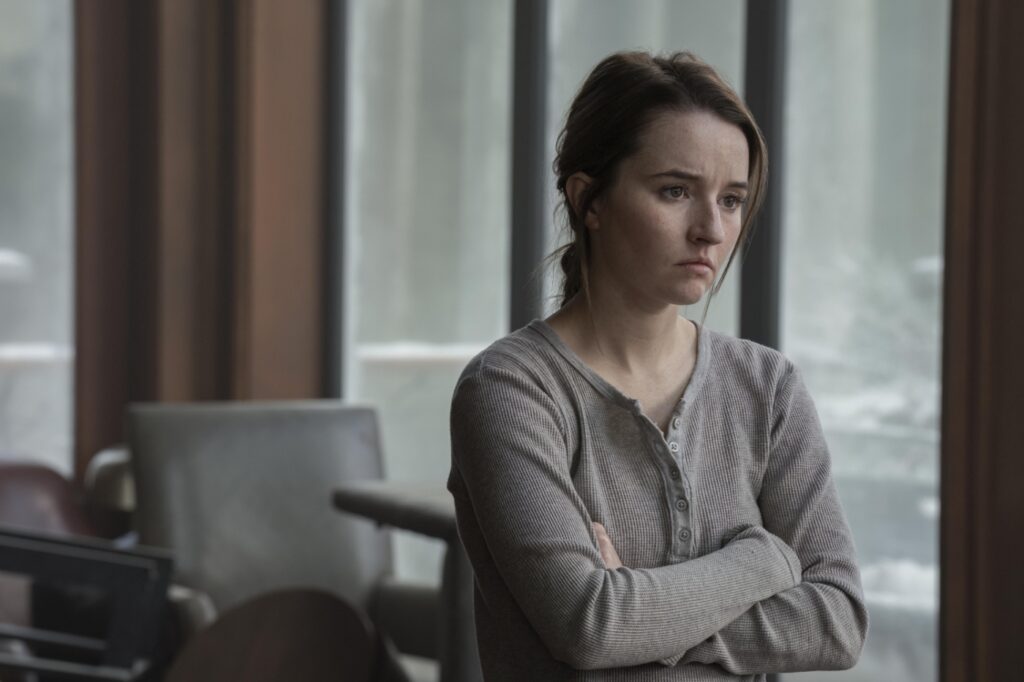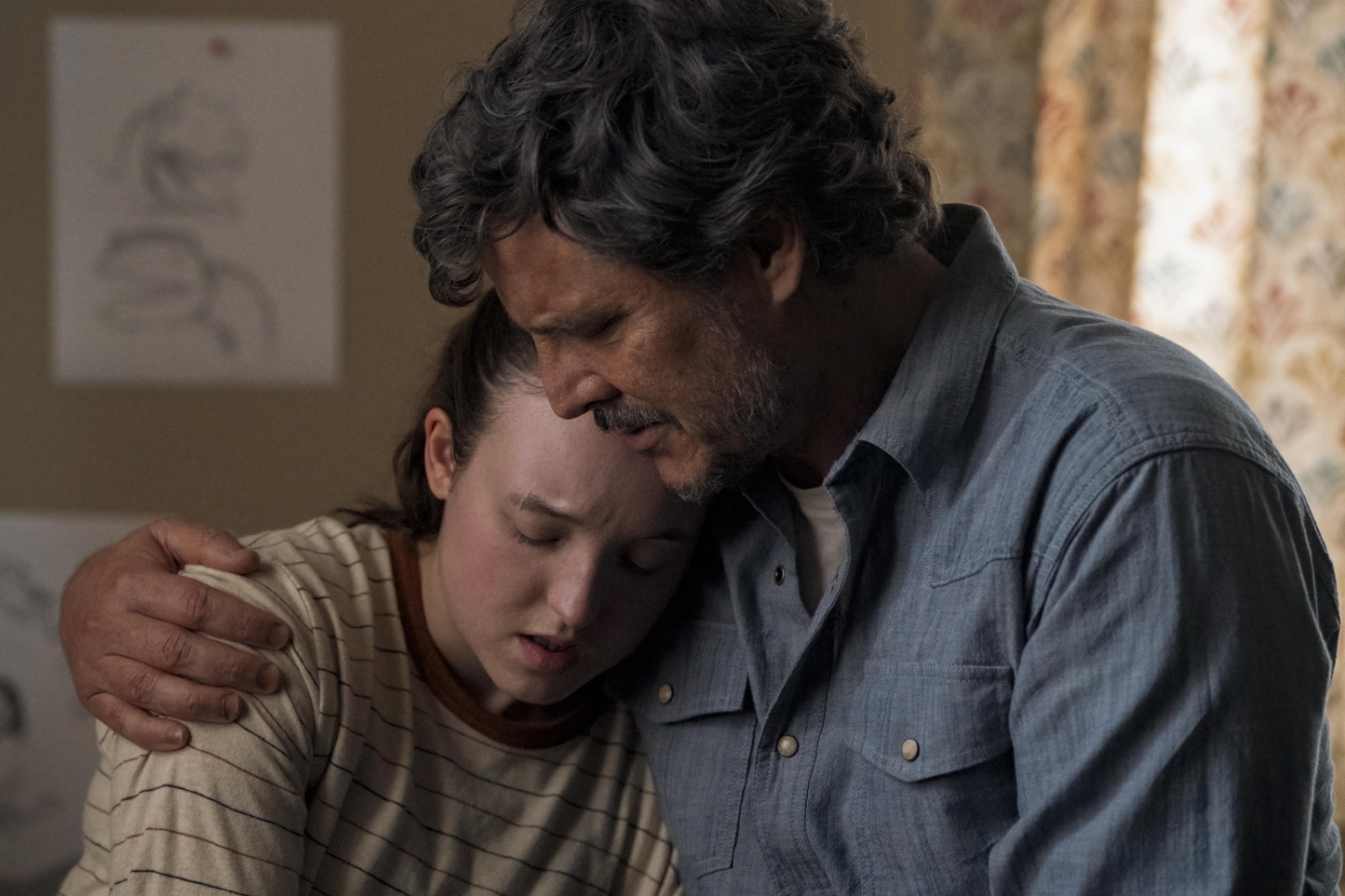The Problem with the Structure of The Last of Us
Last updated on August 11th, 2025 at 09:11 am
I have many feelings about The Last of Us TV show. Here’s the thing: from the very beginning, I found many of the adaptational changes they were making to be baffling. I think the creators fundamentally misunderstand the video game they’re adapting and what made it good. They don’t understand what made people like the story, even when it got really dark. But let’s talk about the big, overall mistake I think they’re making going into season three.
Spoilers ahead.

The nature of adaptation and the changes they made
Naturally, when you’re adapting a video game for a TV show, you’re going to have to make changes. It’s just how things go because they’re completely different mediums, even if you’re talking about an intensely story-driven game like The Last of Us. There are things you can do well in a video game that you can’t really do in a TV show and vice versa.
Additionally, if you’re just making a shot-by-shot remake of the cut scenes in The Last of Us video game, you’re not really adapting it for the new medium. You’re just recreating it, which isn’t engaging and doesn’t leave space for what TV shows are good at. So, when you change from video game to TV show, there will be changes. There have to be.
However, those changes need to be intentional. They need to be smart and have a purpose behind them. Currently, I don’t trust the showrunners to understand what a good adaptational choice is.
There are many things we could talk about. For example, the characterization of Ellie is bizarre to me. They diminished her intelligence and capability – never mind her ability to enact violence, which greatly undermines the core of the story they’re trying to tell. (I’ve never agreed with The Last of Us: Part II, but that’s clearly the story they’re working on.) Ellie in the show is far more immature and childish, and this extends to her relationships with Dina and Jesse.
The way they structured her relationship with Joel throughout season two makes no sense. Ellie should not have been getting confirmation of Joel’s actions and talking about forgiving him in the same conversation. The use of the flashbacks was poor and badly organized.
I could go on. But that’s not what we’re talking about today! Today, we’re talking about the overall structure of the show.
The structure of The Last of Us
Right now, it seems like the show is following the structure of The Last of Us: Part II, which is the second video game.
For those of you who haven’t played the game, the basic structure of The Last of Us: Part II is you play three days of Seattle with Ellie and then those same three days of Seattle with Abby. Then, you go back to Ellie to finish up the game. It seems like the show is doing the same thing, but with seasons. So, season two is Ellie, season three will be Abby, and season four will wrap everything up.
I think this is a huge mistake. I think they’ve made some absolutely insane adaptational changes, but you’re telling me the overall structure is where they’re drawing the line. That’s where they’re refusing to make the necessary video game to TV show changes? That’s going to be a problem.

Why the structure of The Last of Us needed to change.
Right now, the audience does not like Abby. Putting aside the wild misogyny that lives in this fandom, especially when it comes to Abby, Abby killed Joel. She took the fans’ favorite character away from (never mind their favorite actor). She did it in a brutal way, and she has no remorse about it. TV show fans do not like her.
To be fair, they didn’t like her in the video game either. Fans of the game were livid when they had to play three days as Abby. But a video game is different. You have to keep going to complete the story, and you can speed through it. The whole point of Abby’s section is to make you play from her POV so you can empathize with her and know what she’s going through. This is something a video game is uniquely good at.
Beyond that, even if you don’t like her story, there’s a possibility you’ll like her gameplay style or find something else of value, such as the deepening of the lore between the two factions in Seattle.
Honestly, I can see the argument story-wise for this structure in the video game. It certainly goes with what the game is aiming to do. But I cannot see it in the show. If you make season three entirely about Abby, fans will just check out. They will just stop watching. This is especially true if there are two whole years between the seasons. If the season is about Abby, they have no reason to tune in because they do not like her.
My thought for season two has always been that they needed to go back and forth between the two POVs somehow, simply because you have to structure things differently for a TV show. The goal needed to be to create that empathy for Abby and give viewers context for even a shot at fans checking in for Abby’s story in season three.
Right now, viewers have no reason to watch because they have basically no context and do not care. This is entirely because the showrunners have not done their job to create that empathy or quite frankly, just basic interest. Fans do not want to empathize with Abby. They want to continue hating her for killing Joel, and you’ve given them no reason not to before asking them to watch (presumably) six to eight episodes entirely about her.
It’s too late now. We’re in it. But the showrunners have made a crucial mistake that’s going to come back to bite them and impact their ability to create a satisfying season four.

